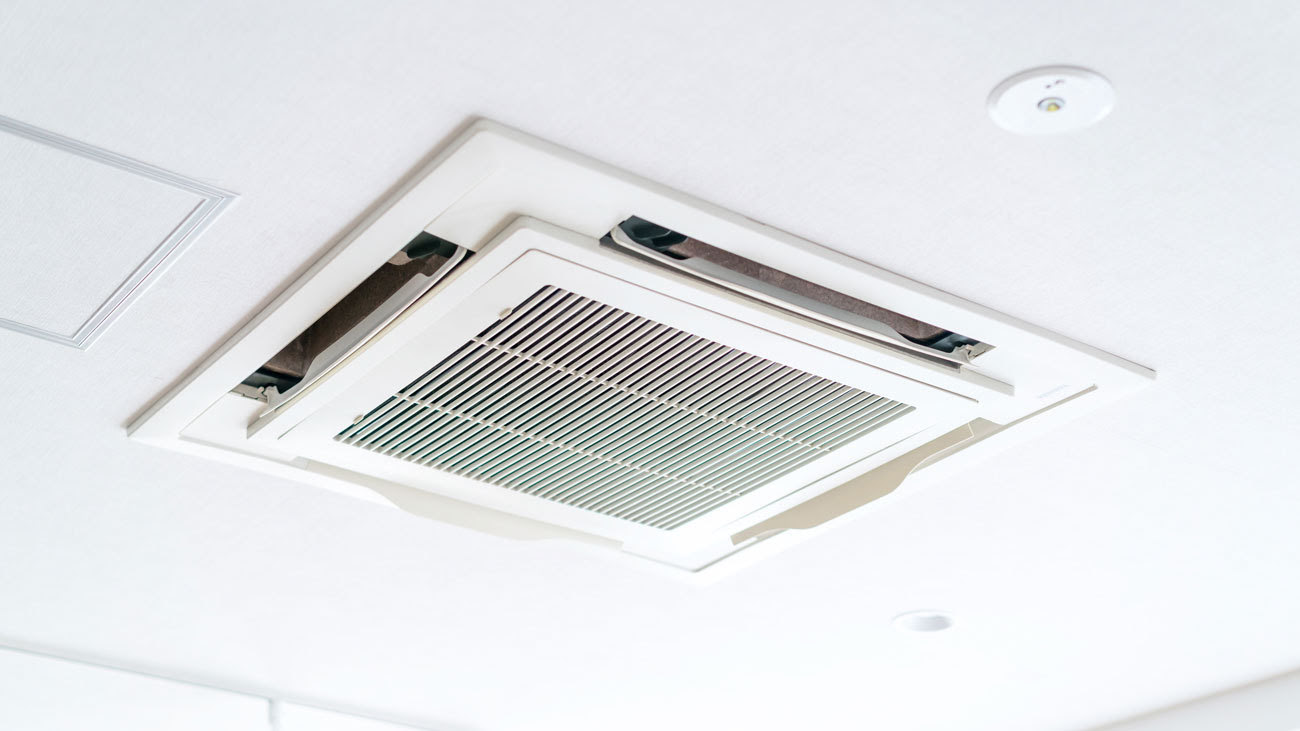Ventilation is a key element linked to performance.

One of the Government’s top scientific advisors has called for a concerted programme of ventilation improvements in buildings, including professional accreditation for contractors.
Professor Cath Noakes told the Building Engineering Services Association (BESA) National Conference that the pandemic had increased understanding of how disease is transmitted around indoor spaces and raised public awareness of the importance of mechanical ventilation.
“I never thought I would see the day when the Prime Minister and the Chief Scientific Officer were talking about ventilation,” said Noakes, who is one of two engineer members of the Government’s Scientific Advisory Group for Emergencies (SAGE). She told the Conference that the pandemic had exposed systemic failings in how we design and retrofit buildings and said we should pay far more attention to the impact of poor ventilation on human health and productivity.
Said Noakes:
“Many of our buildings are under-ventilated and there is no excuse for it. This is not just about complying with regulations. We also need to show clients that there is a benefit to them through the health and wellbeing of people. We know buildings improve health and that poor indoor air quality reduces productivity by up to 9% – that’s half a day a week.
“Before the pandemic, 5.3 million working days were being lost every year to respiratory infections [according to figures from the Office for National Statistics], but it is still not as tangible as your energy bill, so we need to push that message harder.”
| Read more |
